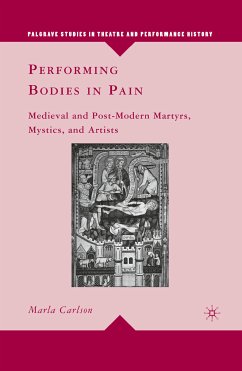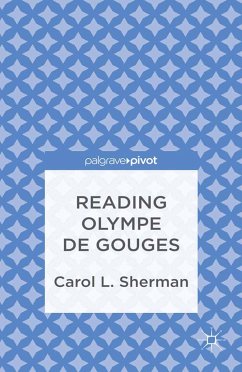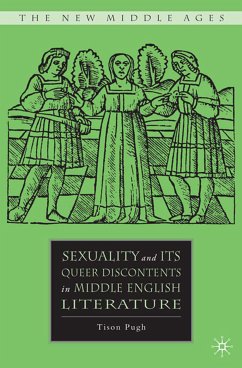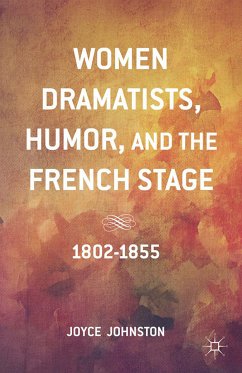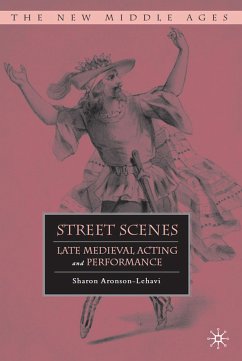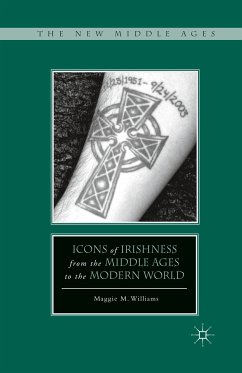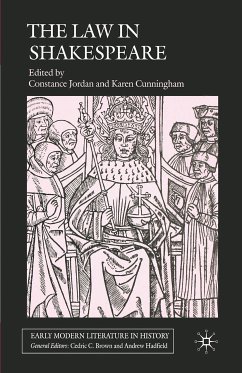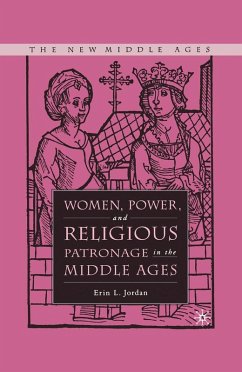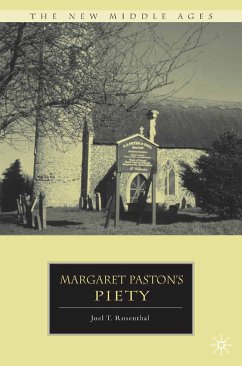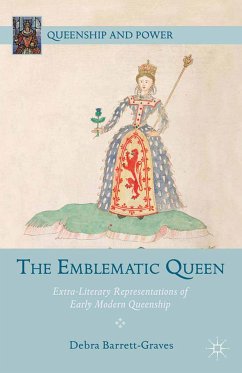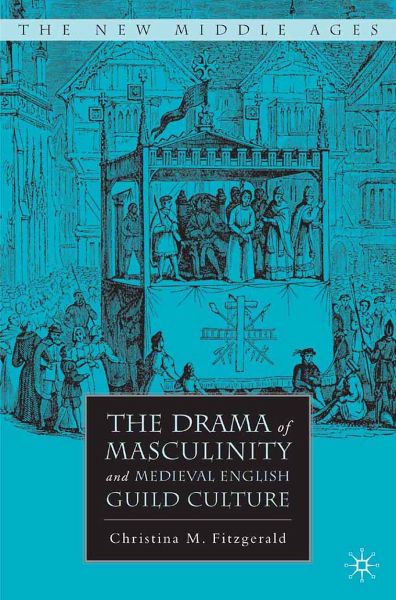
The Drama of Masculinity and Medieval English Guild Culture (eBook, PDF)
Versandkostenfrei!
Sofort per Download lieferbar
40,95 €
inkl. MwSt.
Weitere Ausgaben:

PAYBACK Punkte
20 °P sammeln!
This study argues that late medieval English 'mystery plays' were about masculinity as much as Christian theology, modes of devotion, or civic self-consciousness. Performed repeatedly by generations of merchants and craftsmen, these Biblical plays produced fantasies and anxieties of middle class, urban masculinity, many of which are familiar today.
Dieser Download kann aus rechtlichen Gründen nur mit Rechnungsadresse in A, B, BG, CY, CZ, D, DK, EW, E, FIN, F, GR, HR, H, IRL, I, LT, L, LR, M, NL, PL, P, R, S, SLO, SK ausgeliefert werden.



